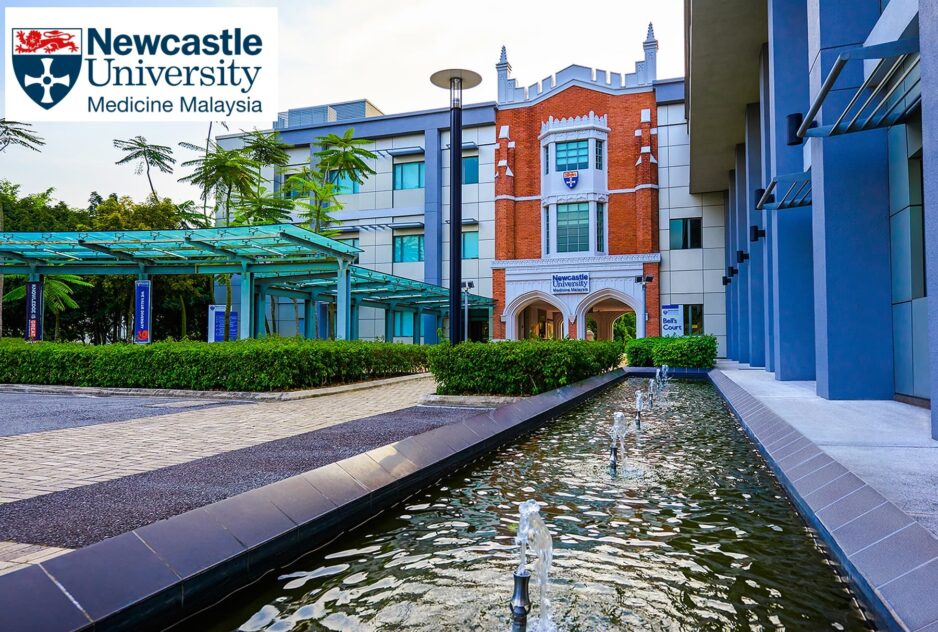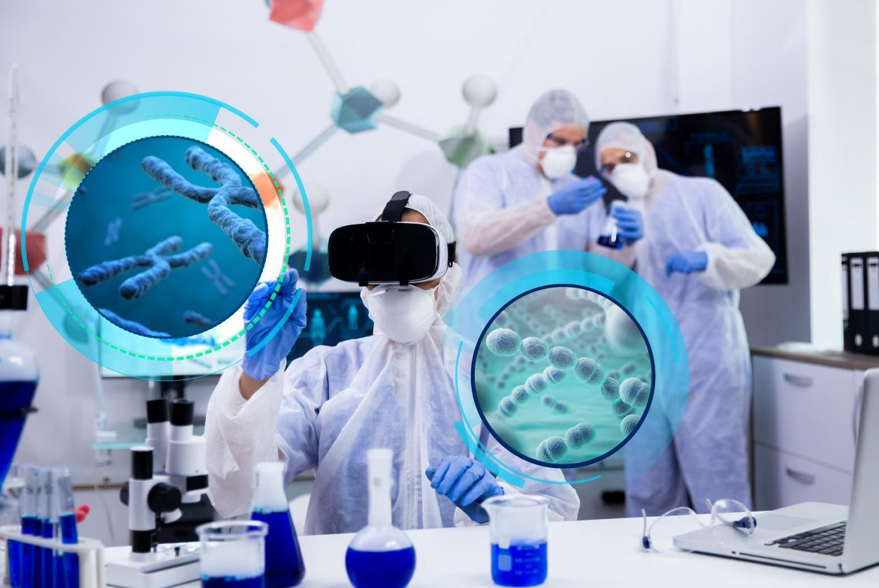THE field of biomedical sciences is progressing at a rapid pace, paving the way for improved health innovations and more opportunities to make a positive impact in global healthcare outcomes.
The world is witnessing an unprecedented surge in the field of biomedical sciences, fuelled by rapid technological advancements, an increased understanding of human biology, and a need to address current and upcoming healthcare issues of a booming and ageing global population.
Not surprisingly, the US Bureau of Labor Statistics has reported that medical sciences are growing at a faster than average rate with demand for professionals in this field anticipated to increase by 11% in the next 10 years.
“The progress we are seeing in biomedical sciences is not just remarkable; it’s transformative,” revealed Newcastle University Medicine Malaysia (NUMed) Biomedical Sciences dean Dr Madihah Rushaidhi.
“We are now at a pivotal moment where our ability to accelerate our innovative capabilities is crucial to improving health outcomes worldwide.”
A striking example of this rapid advancement in recent history was the research and development of COVID-19 vaccines which were rolled out in less than a year.
AI era
Key innovations are driving this boom and opening doors to more possibilities.
The revolutionary CRISPR and Gene Editing technology, for one, is propelling advancements in gene therapy and personalised medicine while AI (artificial intelligence) algorithms play an essential role in sifting through and analysing massive amounts of data and predicting outcomes.
These are just the cusps of how technology is shaping the realm of biomedical sciences. Just a few weeks ago in September, researchers from the University of Edinburgh unveiled how nanobots measuring one-twentieth the size of a red blood cell could be used to treat brain bleeds.
Nanotechnology is also making significant strides in drug delivery systems by enhancing treatment efficacy while reducing side effects.
Dr Madihah emphasises the implication of this growth: “As we see more breakthroughs in medical technology and treatments, the need for competent biomedical scientists who can bridge the gap between research and practical application is more critical than ever.
“A solid education is necessary to equip students with the skills and knowledge to excel in this dynamic field.”

Final year in UK
NUMed’s BSc (Honours) Biomedical Sciences programme integrates theoretical knowledge with hands-on experience to ensure that students are ready to harness the potential of this booming field.
With research at the heart of the programme, NUMed collaborates with leading medical institutions and industry partners, exposing students to cutting-edge research opportunities that align with current industry trends.
“Collaboration is an integral component,” explained Dr Madihah. “We actively work with our partners to ensure our curriculum stays relevant and our students are job-ready upon graduation.
“This synergy not only enhances our academic offerings but also strengthens the local and global biomedical community.”
Students are provided access to state-of-the-art laboratories and equipment. Furthermore, they spend their final academic year at the Newcastle University’s UK campus and are involved in research-led learning with an intensive research project at one of the research laboratories at Newcastle University Medical School.
“As educators, we strive to inspire our students to think critically and creatively. Our students are not just learning about existing knowledge; they are transforming their ideas into real-world solutions and actively contributing to the future of medicine,” concluded Dr Madihah.
In an age with increasing healthcare challenges, the field of biomedical sciences stands as a beacon of hope, promising to enhance lives through its relentless pursuit of knowledge and improvement.
As innovations continue to evolve, the future of biomedical sciences looks exceptionally promising. There is much to look forward to as biomedical scientists take charge in a healthcare revolution that will benefit generations to come. – Oct 9, 2024









